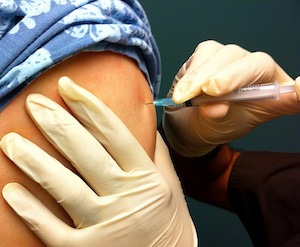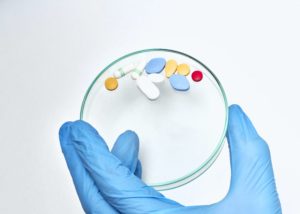Questionable Drugs Net Billions for Health Care Industry
Doctors, drugmakers, regulators and lobbyists pushed high doses of medications that may have been ineffective or at times even lethal on millions of anemic patients over two decades, making upward of $8 billion a year for two companies. “How did this happen?” asks Peter Whoriskey of The Washington Post.
Doctors, drugmakers, regulators and lobbyists pushed high doses of medications that may have been ineffective or at times even lethal on millions of anemic patients over two decades, making upward of $8 billion a year for two companies. “How did this happen?” asks Peter Whoriskey of The Washington Post.
Whoriskey’s article tells a story of how economic incentives drive groups with common financial interests to cooperate spontaneously and possibly without malice in ways that harm large numbers of Americans who are hurt physically (sometimes killed) and financially by professionals whom the victims believed they should have been able to trust.
— Posted by Alexander Reed Kelly.
Your support matters…The Washington Post:
Through a well-funded research and lobbying campaign, Amgen won far-reaching approvals from the FDA. Both pharmaceutical companies conducted trials that missed the dangers and touted benefits that years later would be deemed unproven. The companies took more than a decade to fulfill their research commitments. And when bureaucrats tried to rein in the largest doses, a high-powered lobbying effort occurred until Congress forced the regulators to let the drugs flow.
… Americans might like to think that doctors focus on only their health. But physicians and hospitals have to pay the bills, too, and, in some cases, the more they treat a patient, the more they earn. This was especially true in the case of the anemia drugs: The bigger the dose, the more they made.
Unlike medications that a patient picks up at the store, drugs administered by a physician, as these were, can yield a profit for doctors if there is a “spread” — a difference between the price they pay for the drug and the price they charge patients.
Independent journalism is under threat and overshadowed by heavily funded mainstream media.
You can help level the playing field. Become a member.
Your tax-deductible contribution keeps us digging beneath the headlines to give you thought-provoking, investigative reporting and analysis that unearths what's really happening- without compromise.
Give today to support our courageous, independent journalists.






You need to be a supporter to comment.
There are currently no responses to this article.
Be the first to respond.